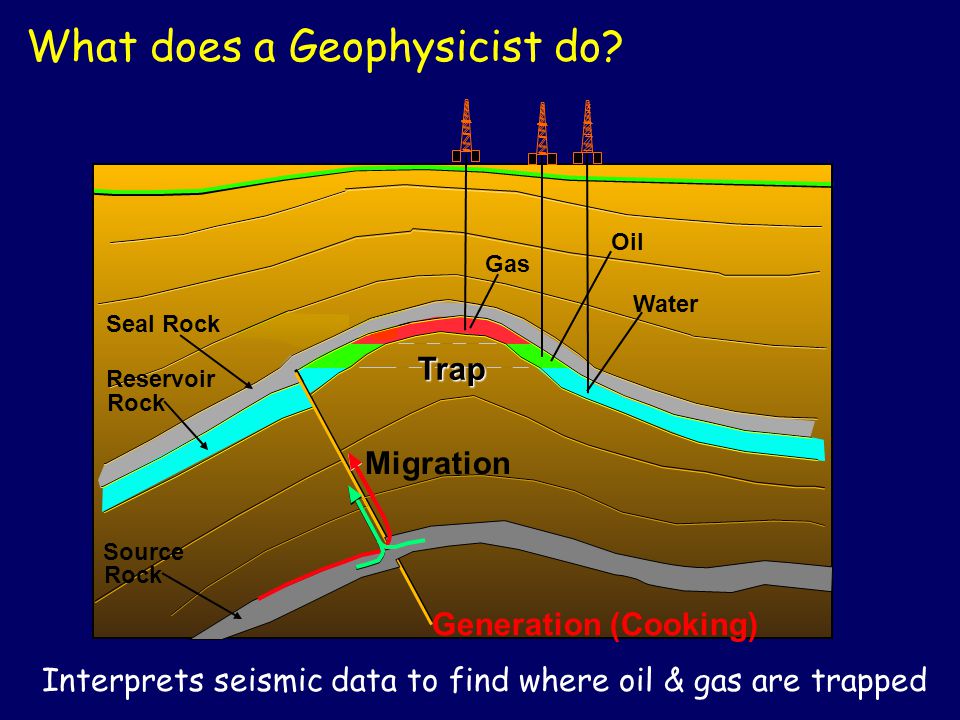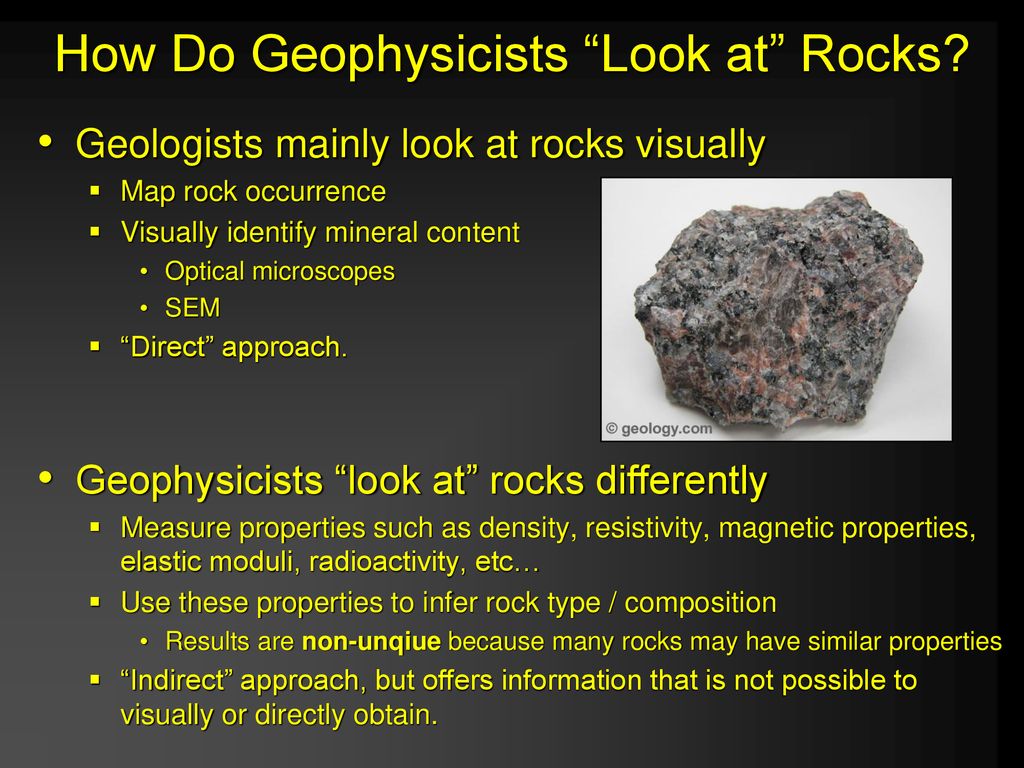All Categories
Featured
Table of Contents
Geophysicists in Swanbourne Aus 2023
This work is increasingly contracted out, so consultancies provide another source of employment. Consultancy firms differ in size, from very little business to big multinationals. Some consultancies are rather specialised in utilizing particular geophysical techniques or working in particular locations, while others use a more diverse series of services to their consumers.
The extraction of gas from garbage dump sites is another area of employment and this may grow in the future. Exploration companies may carry out work for construction firms, water companies, mining business and environmental companies, so geophysicists might be utilized in any of these settings. Other employers include: geological surveysgovernment bodies and agenciesuniversities and research study institutes.


Vacancies may be noted in the oil and gas sector press. Recruitment is impacted by oil price fluctuations and the level of competitors for positions differs depending on this. Careers Days, which cover the complete variety of geoscience professions and are usually gone to by a number of essential market companies, are run by The Geological Society.
How To Become A Geophysicist in Joondanna WA 2022
Some of the big oil and gas business use a full two-year structured training programme across the breadth of geophysics, including the chance to experience operate in numerous teams prior to specialising in one area. Your training might consist of deal with: existing wellsmagnetic and gravitational prospective field data analysisresearchrock analysis. It's more usual for your preliminary training to be provided on the job.

There might be a probationary period throughout which you work along with an experienced coworker. Competency-based appraisals occur routinely in the majority of firms. In smaller sized companies, and for scholastic posts, there is unlikely to be any official training - you'll be expected to start work straightaway and get skills as you go along.
If you work for a smaller sized company, you may find that you require to take responsibility for setting up and moneying your own development and training. If you have a geology degree, membership of The Geological Society can be useful for networking and for keeping up to date with the market.
Surface Geophysical Methods in Nedlands WA 2020
You may also find it useful to sign up with the PESGB (The Petroleum Expedition Society of Great Britain, which has a geophysics special interest group. After a probationary period, and as soon as you've acquired some experience, you might advance to senior geophysicist, then team leader and then into a senior function in management.
The ease of motion between roles depends upon the business structure. Study at Masters or Ph, D level in a subject related to geophysics or geosciences might assist with your career development and development. The work market within the oil and gas industry is very depending on rate and this may affect your chances for career development.
Not all jobs are dependent on the oil and gas industries. For knowledgeable geophysicists, freelance consultancy uses a good route for career development. You can also specialise in a specific area of geophysics. As a geophysicist, you're likely to have numerous jobs throughout your working life. Worldwide mobility is essential for handling peaks and troughs in various countries at various times.
Introducing Geophysical Surveying in Bassendean Oz 2022
From geophysics, it's possible to concentrate on seismology (finishing further training to become a seismic interpreter) or to move into associated areas such as engineering geology or threat forecast.
Deciding what to study in college is a tough choice. Even if you understand that your field of interest depends on science, what program of research study is right for you? If you make the choice to significant in physical and biological sciences and pursue a profession as a geophysicist, you're getting ready for an interesting and profitable profession.
But the first action to attaining your goal of becoming a geophysicist is making a degree. Even for entry-level positions in the field of geoscience, you'll require a bachelor's degree (a geophysicist college degree) from an accredited college or university. Some research study positions need prospects to hold master's degrees or perhaps Ph.
Geophysicist Jobs in Kallaroo Aus 2023
Doctoral degrees are especially crucial if you plan to teach at a four-year institution. Geophysicists use physics concepts and strategies to study the gravitational, magnetic, and electrical fields of the earth. This advances researchers' knowledge of both the world's interior core and its surface. Geophysicists must be able to: analyze rocks, pictures, and other pieces of information conduct research study both in the field and in labs produce maps and charts of their findings compose reports To achieve all this, trainees need a specialized education for geophysicist careers.
As specified above, you'll need a bachelor's degree in geoscience or an associated discipline, such as a physical science or a natural science, to land an entry-level job. However trainees can likewise prepare by majoring in subjects like: Biology Chemistry Computer technology Engineering Mathematics Physics The above geophysicist majors use a more generalized approach to a single scientific discipline, however most programs require trainees to take one or more geology course.
Latest Posts
What Is Geophysics And What Do Geophysicists Do? in Sinagra Australia 2023
Geophysics in Beckenham Western Australia 2022
Geophysical Survey - An Overview in West Perth Oz 2020